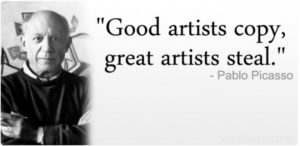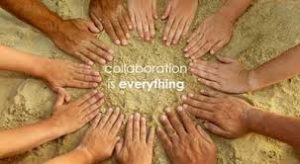
Companies spent huge amount of resources to showcase products in audio visual ads, and the more creative the ads are, the more audience it will have. All the audiences might not be the consumer but it definitely impacts publicity of the product. However, some time too much ads also irritate public and in return public switch of the device or move to other channels to get rid of such ads. Recently I have observed how ads are perceived by public, here is my experience
During rush hour, most of the FM radio channels in Bangalore put more ads and less songs. But there is a new FM mirchi 95, which has very less ads and I generally don’t change the channel while listening. I am sure the value of such ads would be more compare to the other FM channels. Radio mirchi would selectively put ads with higher value to get more revenue and it makes sense to public too. This is called win-win for both, fm and public. However, in some other channels, its like playing music in ads and some time I switch off my car audio system because its so irritating. In this case, the relative value of the ads would be much lesser irrespective of how much creative these ads are. But with competition and publicity, the two topmost priority, companies tend to pay for ads.
And then some times, ads are so factual that I wish to have a central authority to monitor the ads. E.g. there was a fairness cream ad and your skin color with be fairer within 2 weeks. This also reminded me a movie(Traffic Signal), a dark skinned kid saved all his money and bought a fairness cream based on the ad. After 15 days, no change in skin color and the kid got so much angry, that he tried to throw stones to a nearby hoarding with this cream. Quite funny though.
But some time, ads are quite realistic too and shows the important features of the product. Irrespective of how the ads are perceived by public, the companies will keep on spending more and more on this.





